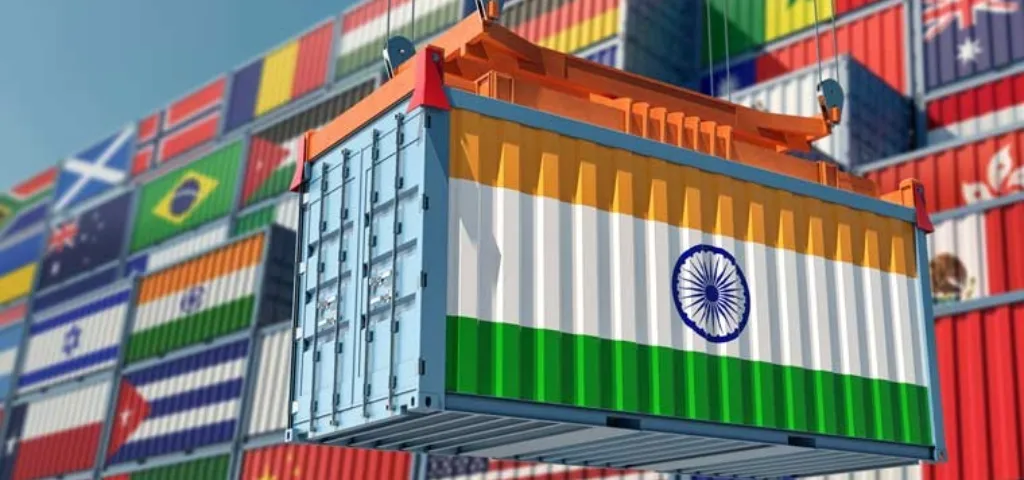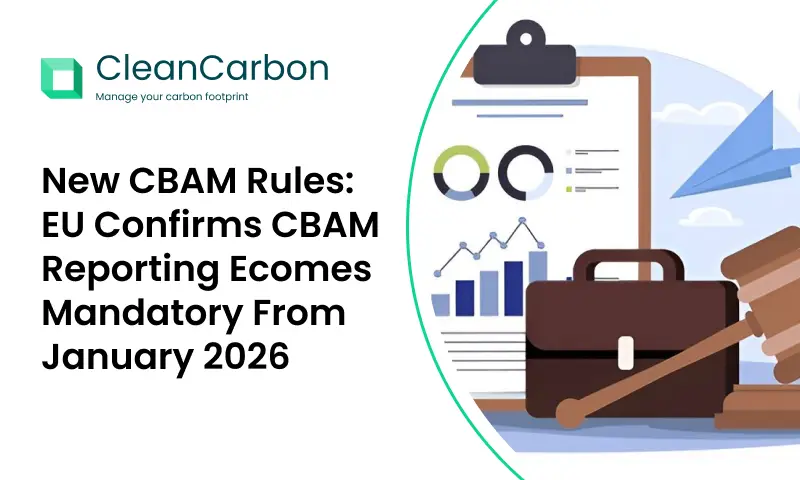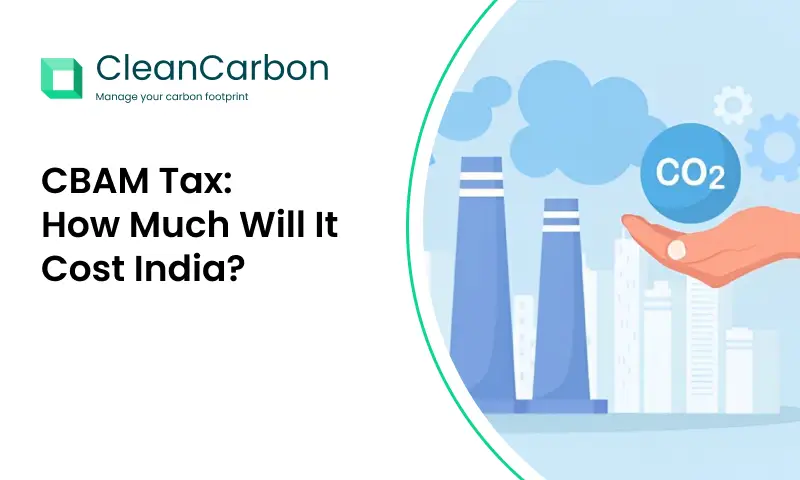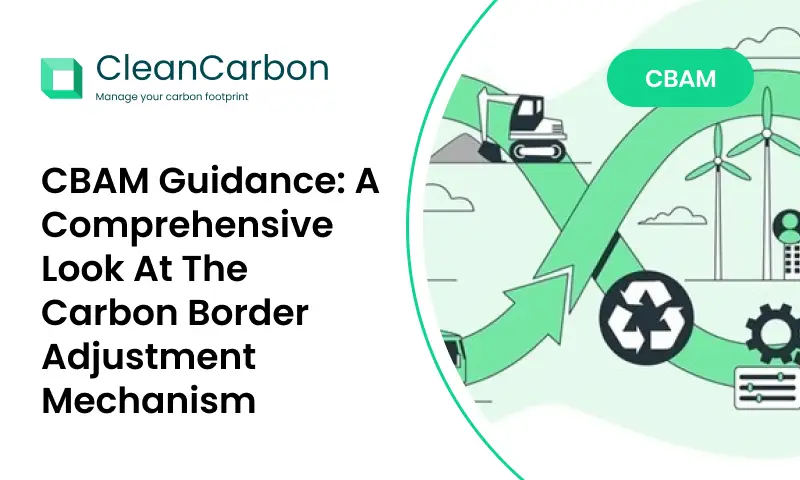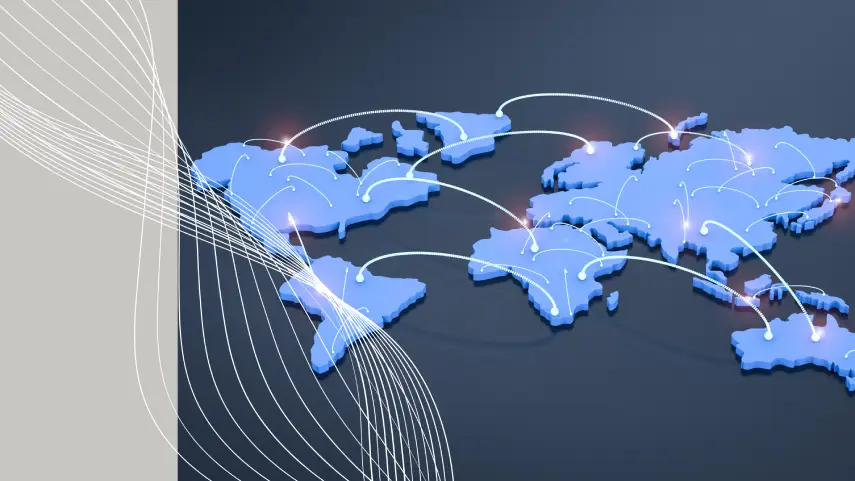The European Union’s Carbon Border Adjustment Mechanism (CBAM) is set to reshape the landscape for Indian exports to the EU. While it presents certain hurdles, it can also be a catalyst for positive change.
Industries Most Affected:
CBAM will initially target:
- Iron and steel
- Aluminum
- Cement
- Fertilizers
- Electricity
Exporters in these areas need to proactively address CBAM’s potential impact on their business.
What Exporters Should Do
- Assess Your Carbon Footprint: Calculate your product's emissions throughout its lifecycle. This will be crucial for determining your potential CBAM costs.
- Reduce Emissions: Invest in:
- Energy-efficient technologies
- Renewable energy sources
- Production process optimization to minimize waste and emissions
- Explore Carbon Offsetting: If immediate reduction is difficult, explore reputable carbon offsetting projects to mitigate unavoidable emissions.
- Stay Informed: Monitor CBAM's evolving regulations. Seek guidance from industry associations and export promotion bodies.
- Communicate Proactively: Position your company as environmentally conscious. Highlight sustainability initiatives to EU customers.
The Road Ahead:
CBAM is a chance for Indian exporters to showcase their commitment to environmental responsibility while adapting their operations to remain competitive within the EU market. Let’s embrace innovation and turn this challenge into a springboard for a greener and more sustainable future.
#CBAM #Sustainability #EUIndiaTrade #Export #IronAndSteel #Aluminum #Cement
Let’s continue the conversation! Share additional tips for exporters to mitigate the effects of CBAM in the comments below. you can also reach out to me on nb@thinksmartin.com or cleancarbon.ai

